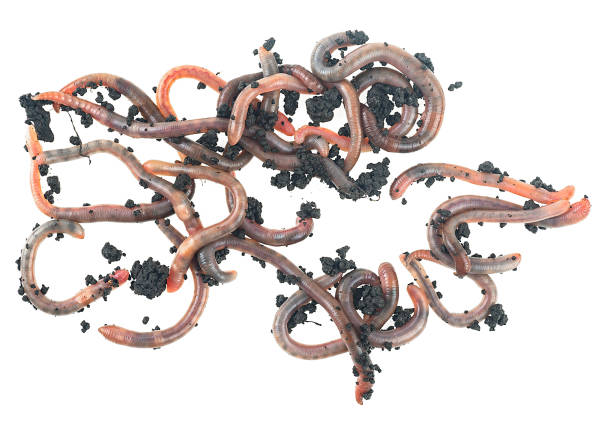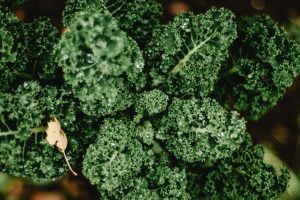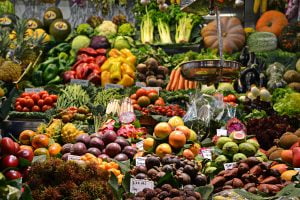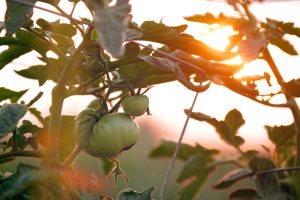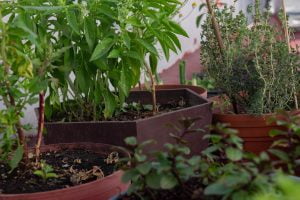Worm farming has been around for years on various scales. While the reasons for worm farming are not widely understood, those who take part are big followers in the benefits that these worms have on the environment.
Numerous worm farmers commercially culture worms for profit. Particular breeds of worms are reproduced and are typically kept in breed-specific quarters. Commercially raised worms are normally sold for composting. Some worm farmers distribute to landfills offering a natural method for composting waste.
These specifically reproduced worms are likewise used for soil fertilization. As worms dig through the soil, they aerate and stir up the soil carrying water with them. The waste that is composted by the worms is broken down into a substance that can be much better utilized by the soil, enhancing the fertilization of the soil. A healthy soil is then produced for better growing plants, veggies and crops.
In the last few years, the supply of worm farming equipment and accessories has made it easier for individuals to make a pastime of this strategy. Home sized bins are on the market in a variety of sizes and shapes. Resident and house dwellers have actually been offered the opportunity to raise their own worms for waste garden compost and soil fertilization.
Worm farming supplies worms with a nutrient-rich diet of what many times is tossed out with the trash including disposed of vegetables and fruits. Other compostable materials include paper items and cotton rags, leaves, eggshells and hair. Excreted by the worm is a nutrient abundant compound called vermicompost or worm garden compost.
Worms are likewise farmed for bait. Little bait and deal with shops frequently get their animals stock from worm farmers supplying fishermen with numerous worms to use as live bait. Fishermen who fish on a bigger scale than the hobbyist typically utilize these worms for bait for anglers and other large catches.
Many different worms are available depending on the task. Each assortment of worms is utilized for its own reasons. Red worms are commonly used for composting while the Belgian worms benefit both composting and bait. Resident looking for worms to keep in lawns and flower beds will find success with Night Crawlers and Wigglers.
Worm farming can also be an excellent instructional tool. As using worms provide a more area-reliable way for composting, little sets can be bought and even hand made to be utilized in a classroom setting. Students are able to participate in the task learning more about how composting occurs. Utilizing natural approaches for composting and lowering waste in garbage dumps is easily shown by classroom worm farms.
Worms can be farmed nearly anywhere. With the various systems offered on the market today, homeowners can raise their own supply of worms outside or in a house. Supplying the correct amount of wetness, light, bed linen, temperature and food will guarantee a long living worm population. In return, the benefit will be a natural way for composting without filling up local garbage dumps. As a result, nutrient rich soil is supplied that can be used immediately or saved for usage throughout gardening season.
